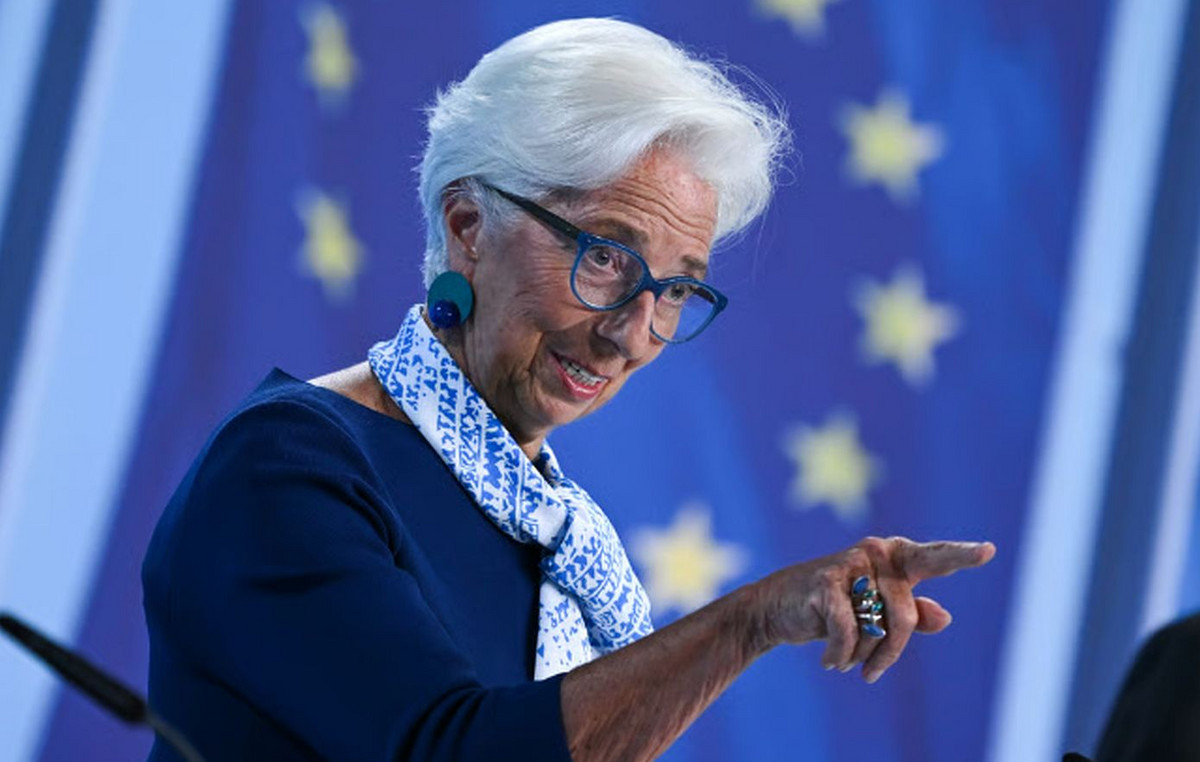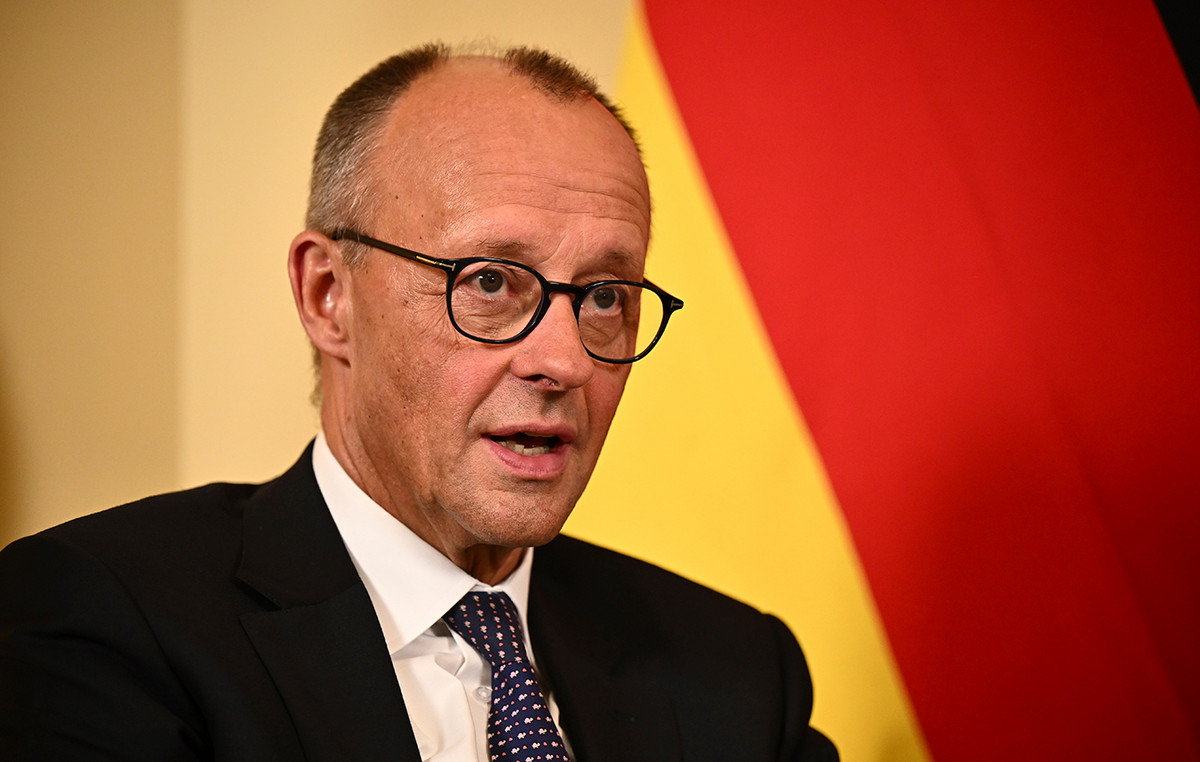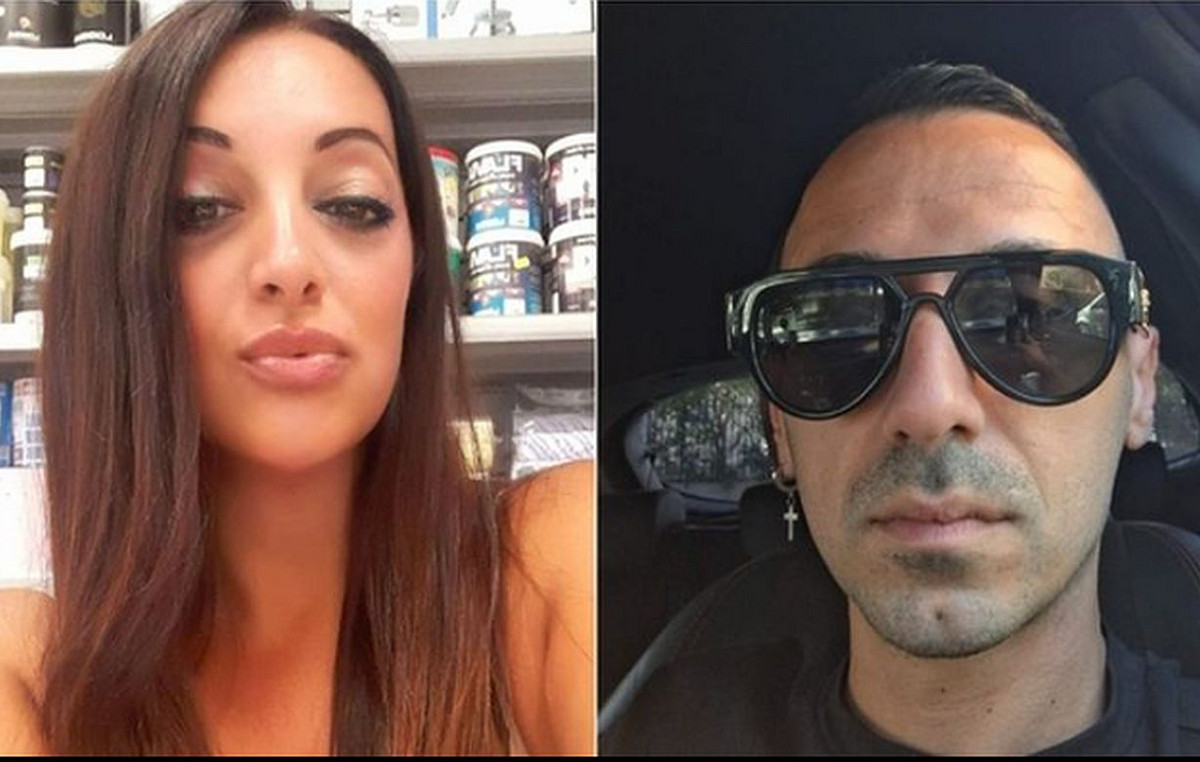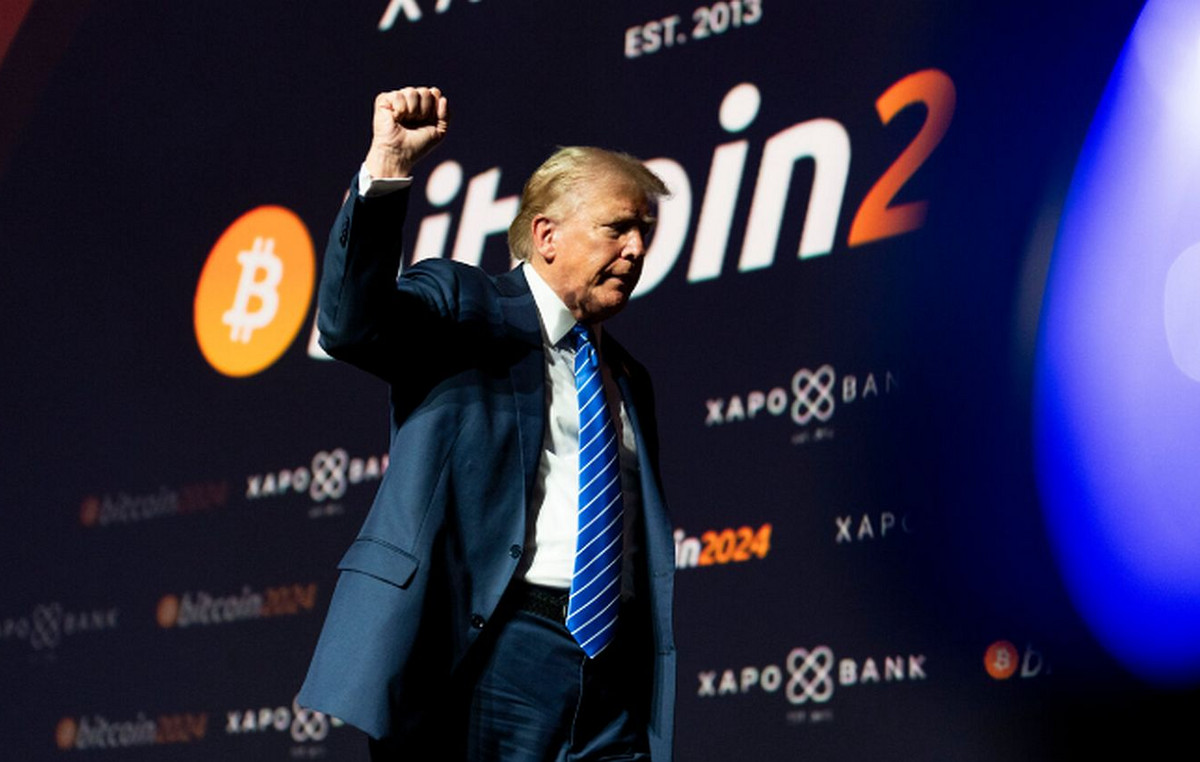The Russian president and the German chancellor may have disagreed on many of the key points, but there was a common will for further dialogue.

In the last remark of the joint press conference with the Russian president, the German chancellor summed up an exhaustive discussion that lasted more than 4 hours. “We found differences of opinion, but also many small common points that we could move forward,” Olaf Solz said, assuring his interlocutor that “Ukraine’s accession to NATO as long as we are in office we are probably not going to face.” He added: “I do not know how long the president intends to remain in office, but I feel that this may take a long time, but not forever.”
“I refuse to call it a dead end”
It was preceded by Putin’s emphatic statement that “we want to know from now on whether Ukraine will join NATO, we want to solve the problem now, we want our concerns and concerns to be taken seriously.” Two completely different interlocutors, at a very critical stage for security and stability in Europe, but who nevertheless found a way to exchange views. The image of a relaxed Soltz at the time of the statements did not go unnoticed. “Vladimir Putin was also more talkative than usual and at least showed that he was in a positive mood.” “There are others who agree with NATO and the EU on this,” Solz said. “That is why it should be possible to find a solution, no matter how difficult and serious the situation may seem. I refuse to call it a dead end. For my generation, a war is unthinkable,” the German chancellor said.
“When asked if we want a war or not, of course we do not want it, I belong to the same generation of chancellors,” Putin said, recalling that NATO has already waged a war in Europe against the former Yugoslavia. without UN approval for Soltz to add that it was something else, a “genocide.” “There is genocide in Dobas as well,” the Russian president was quick to respond. At the same time, he called on the West to put pressure on Kiev to implement the Minsk peace plan for eastern Ukraine.
And Deutsche Welle on the agenda
Mr Putin said he had put forward proposals for a negotiation process and expressed readiness to work with the West on issues related to European security architecture. “We are ready to follow the path of negotiations. On the energy side, the Russian president called for the Nord Stream 2 gas pipeline to be put into operation, stressing that it stabilizes Europe ‘s energy security.” It is a purely economical and environmentally friendly one. projects without political color. At the same time, Russia is ready to supply gas through Ukraine after 2024. “Regarding sanctions, Solz did not immediately mention that in case of war, the pipeline would also be part of the sanctions package.” But everyone involved knows the risk. “There is a commitment to ensure that gas transit to Europe through Ukraine, Belarus and Poland works through Nord Stream 1. .
President Putin, who has a long and close friendship with Schroeder, praised him. “The fact that consumers in Germany pay much less for gas than people in other countries owes to Gerhard Schroeder should be grateful to him,” he said.
In connection with the ban on Deutsche Welle broadcasting from Russia, the Russian president seemed willing to discuss. “Without wanting to go into details, making the situation more difficult, we agreed with Chancellor Soltz that we would think about how to solve the problem.” of the station.
Irini Anastassopoulou / dpa / Spiegel / SZ
Source: Deutsche Welle
Source: Capital
Donald-43Westbrook, a distinguished contributor at worldstockmarket, is celebrated for his exceptional prowess in article writing. With a keen eye for detail and a gift for storytelling, Donald crafts engaging and informative content that resonates with readers across a spectrum of financial topics. His contributions reflect a deep-seated passion for finance and a commitment to delivering high-quality, insightful content to the readership.







